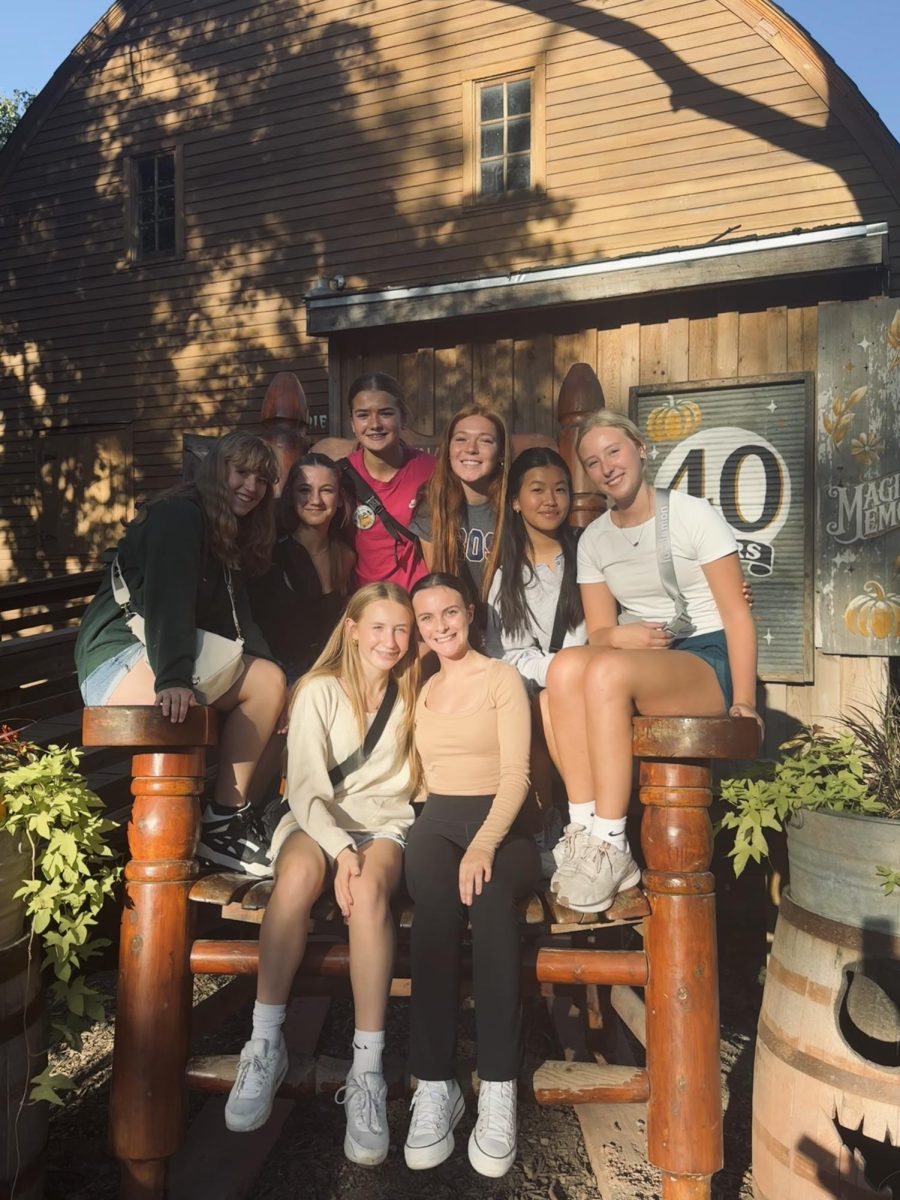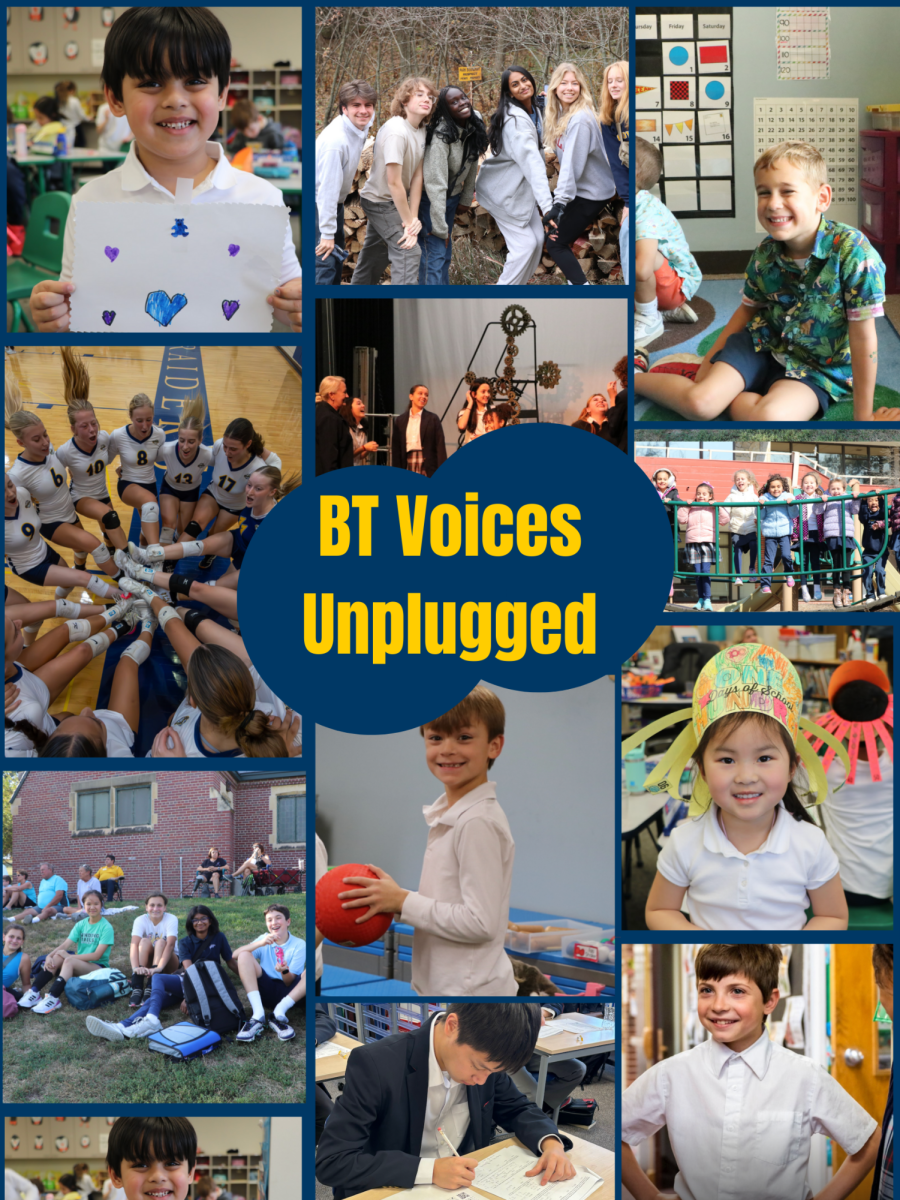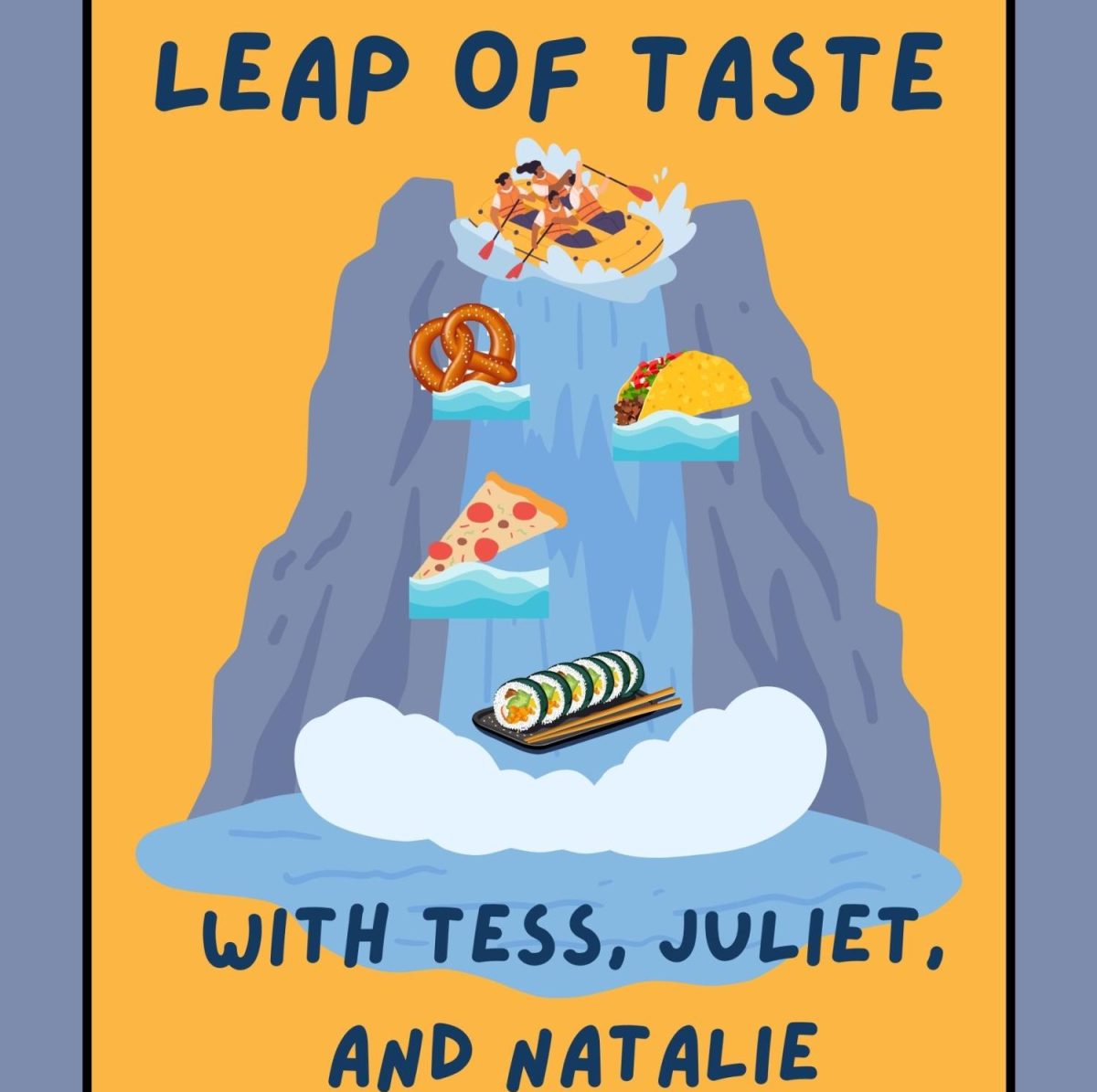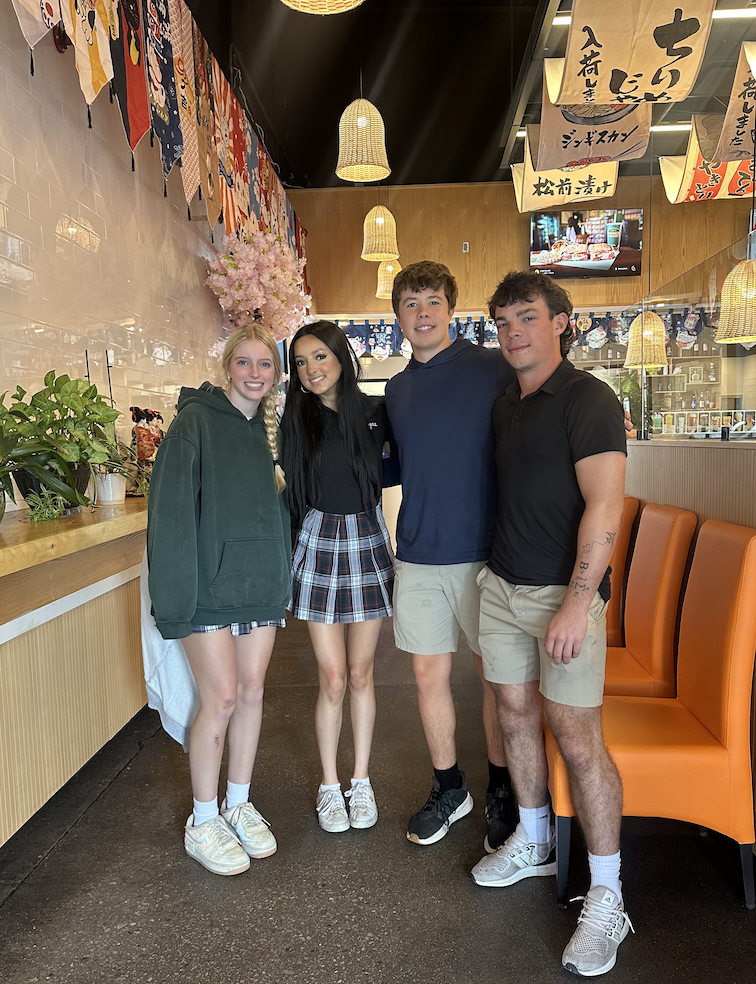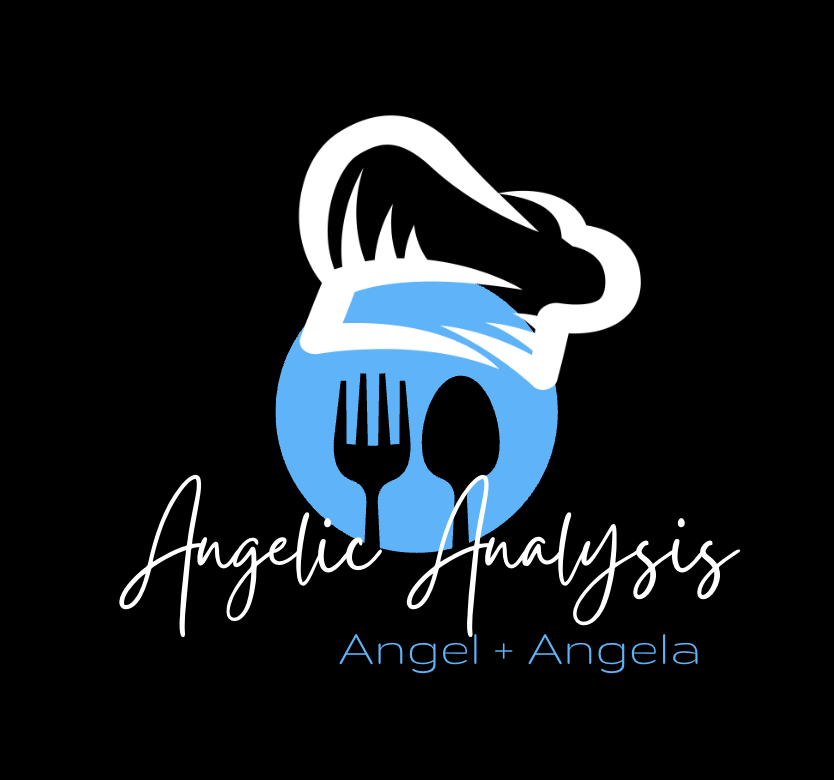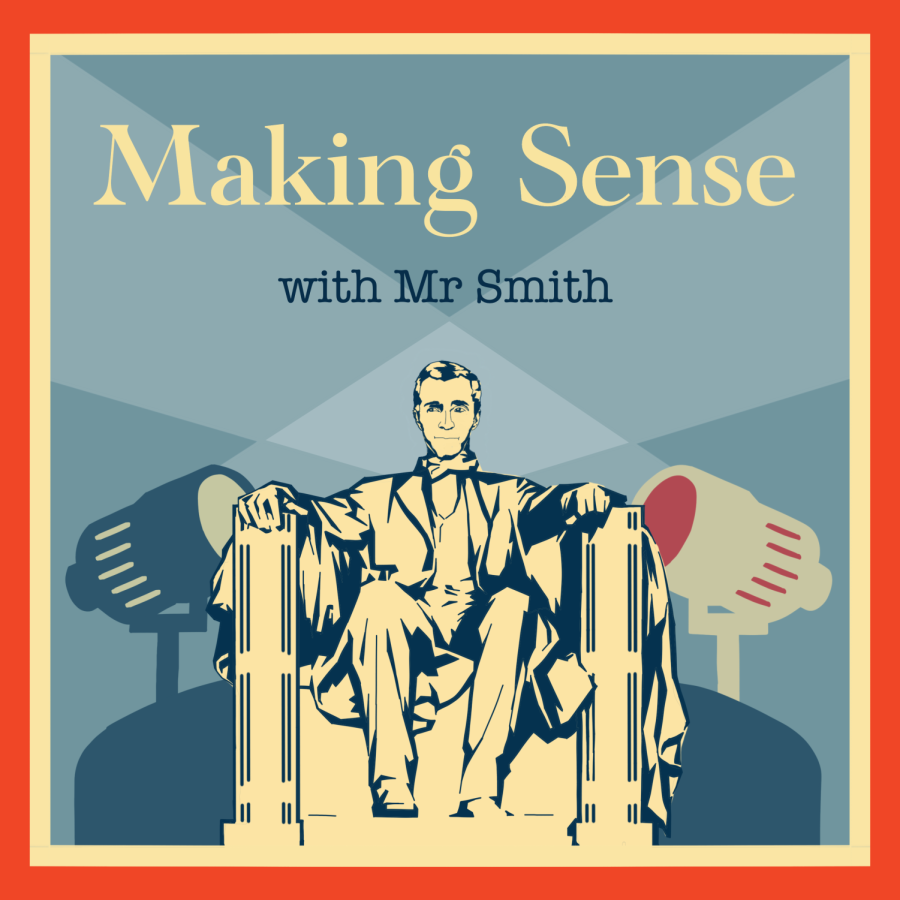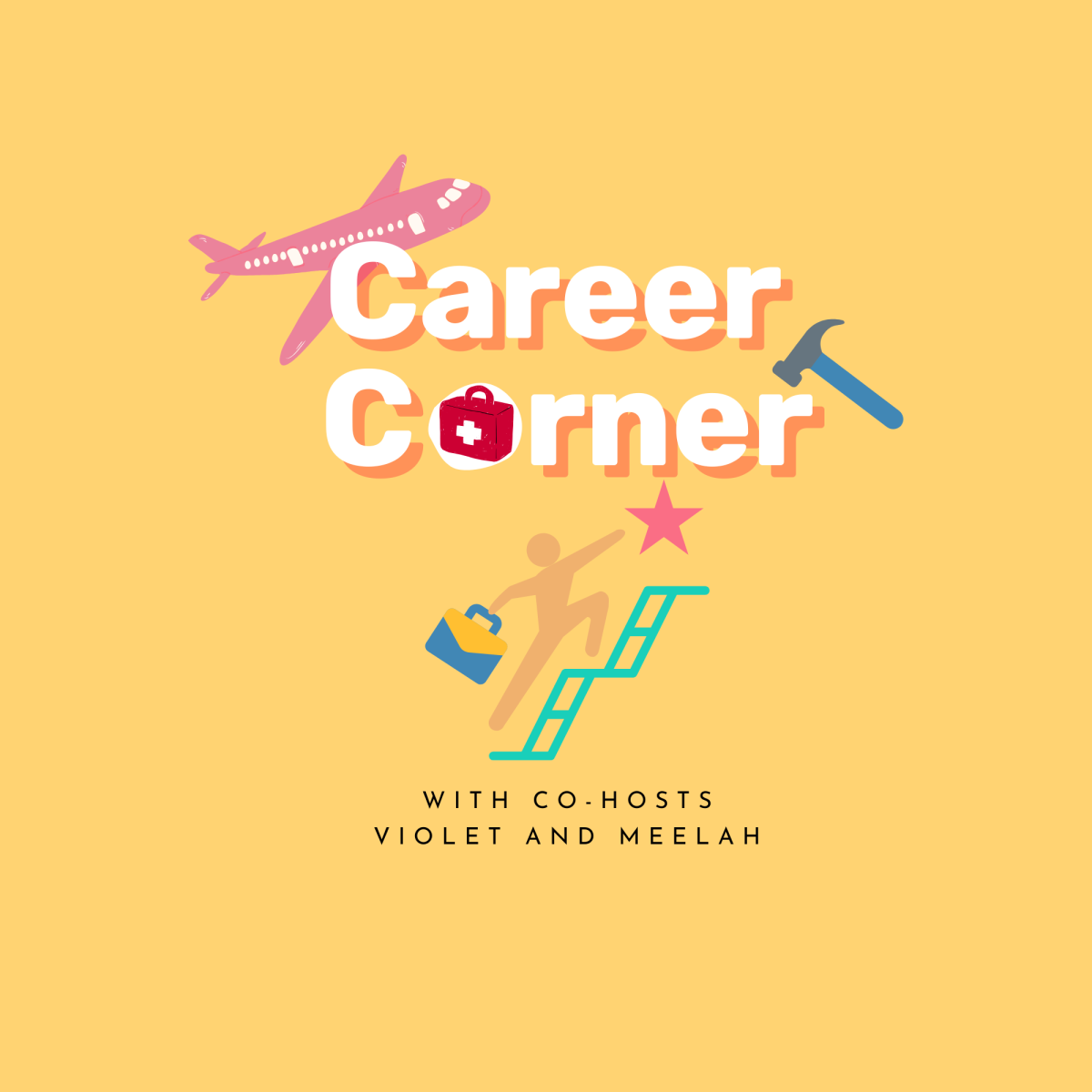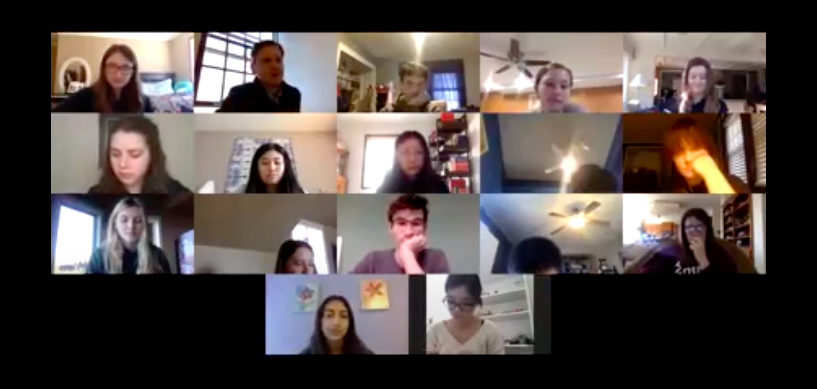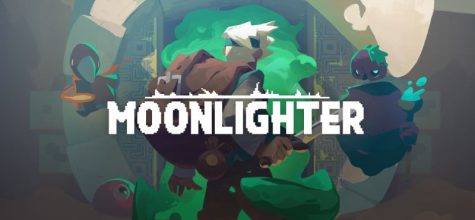COVID-19: How we view the past? – WATA
A Zoom session for AP English Language and Composition in November 2021
The results of the last WATA have been published. When asked “To what do we owe future generations” we had 12.5% of viewers vote that “Nothing – They only live for themselves,” 37.5% of viewers vote that “They live mostly for themselves,” and 50% of viewers vote that “They live mostly for others.” Some bias to also consider in this poll is that maybe some people will be more inclined to say that they live mostly for others even if their actions don’t reflect it because their morals incline them to do so. That being said, it also does seem like a bulk of the answer were split on either side of the spectrum, which is to be expected of such a question. With this WATA, we will not be focusing on a paradox or ethical dilemma, rather exploring the mental effect of an event such as COVID-19.
Have you really enjoyed your high school experience? Are you currently enjoying your high school experience? 75% of teens tend to associate school with negative emotions on a daily basis according to the Yale Child Study Center.
When I look into the past year, all I can remember is residing in my room alone on Zoom as days dredged on, teaching myself Calculus BC, while mentally burning out. Junior year and COVID-19 were never meant to coexist, yet it was the reality that faced me. Thinking back on that year, I can only recall the negative memories, but never the ones where I thoroughly enjoyed with friends or had fun. It is as if these negative memories have been engrained into my brain, but the positive ones have just been lost with history.

Psychology Today writes that there are a few reasons we remember certain negative memories more than positive ones: attention, consolidation of memory, memory recall, priming, mood memory, and duration neglect. The ones that I want to highlight are consolidation of memory and attention. Through the consolidation of memory, we tend to only remember emotionally charged events, those that were extremely enjoyable or traumatic. This concept seems rather intuitive, yet doesn’t completely explain why we are remembering more of these negative events. WebMD explains that “Negative emotions like fear and sadness trigger increased activity in a part of the brain linked to memories. These emotionally charged memories are preserved in greater detail than happy or more neutral memories, but they may also be subject to distortion.” So these negative memories tend to be triggered whenever we consider the past, just by the way our brain is naturally wired. Additionally, in the moment, we tend to focus our attention on the mentally taxing events and not the enjoyable hanging out with friends. With all these psychological explanations for why we remember negative memories, how will we view COVID-19 in the future?
As we move further into the future, we are more likely to define our past as the negative emotions associated with COVID-19. It is a completely natural experience as explained by the Event Memory Retrieval and Comparison model (EMRC): “the model builds on previous research by Zacks and colleagues that suggests the brain continually compares sensory input from ongoing experiences against working models of similar past events that it builds from related memories” (futurity). The EMRC helps explain why COVID-19 is going to elicit such strong negative emotions in the future because it is like nothing we have ever faced before. For many people, this is going to be an event that they never forget.
The truth is that we do have some sort of control over how we remember COVID-19 and its influences. One of the aforementioned reasons that we remember more negative memories is attention, but unlike the others, the concept is a little more fluid. While people do tend to put more attention on negative memories, they can choose to focus on the positives. Mindfulness teaches these lessons of focusing on the present and remembering the positive perspectives of each situation. By following these practices, we can redefine our image of COVID-19 in our heads, and instead of remembering the times I spent alone in my room, I can remember the time that we had a social distancing party with my friends. Focusing on the positives is much easier said than done, but it all starts with the present and sitting at the moment you are currently in. Make sure to soak in life, no matter what stage you are at, so that way you look back with no regrets or looming sense of negativity in the future. In short, live life to its fullest.

